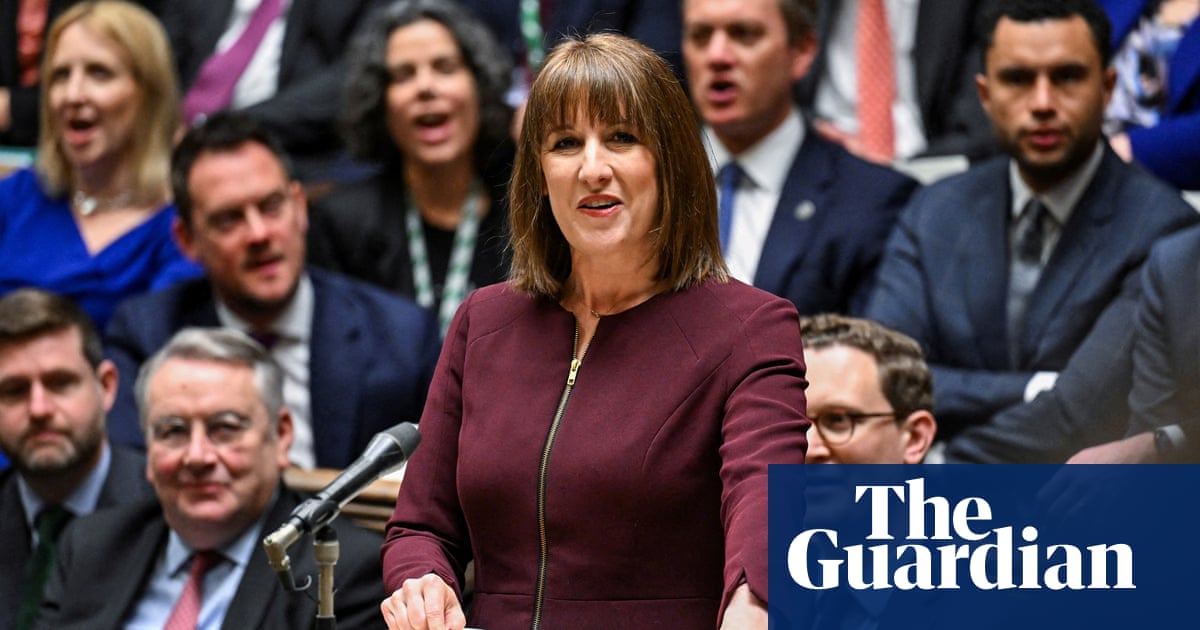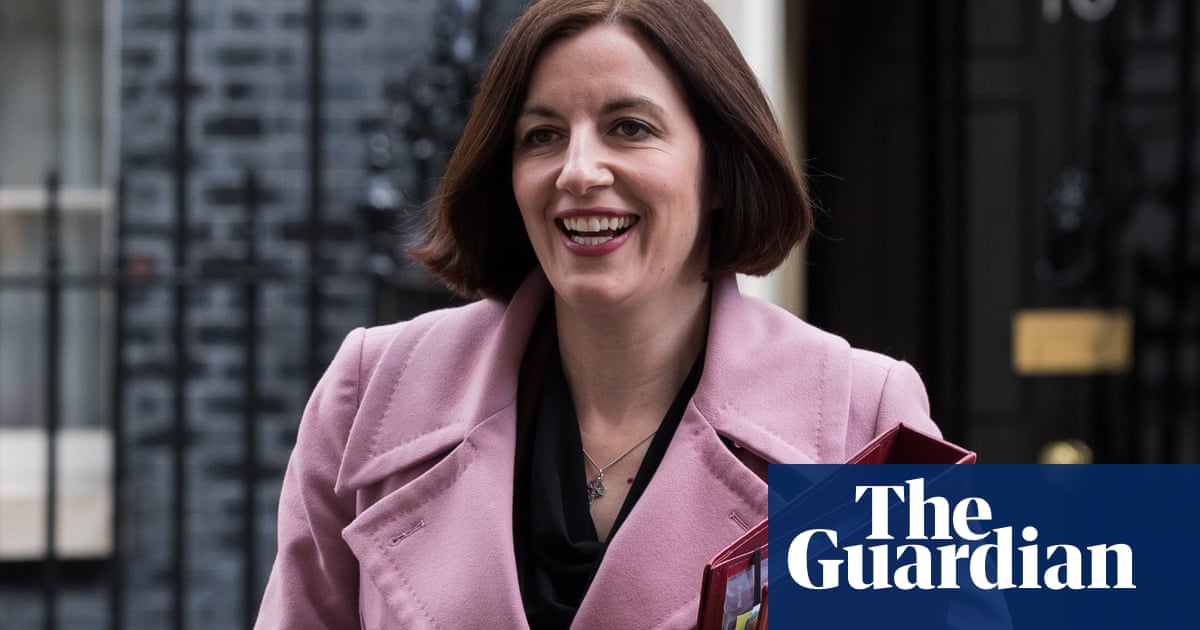The financial threat hanging over English councils, as a result of the last government’s decision to mask special needs overspending with an accounting ruse, is made plain in a Guardian investigation that used freedom of information requests to dig into their accounts. How ministers plan to deal with the £5.2bn debt that will reappear on balance sheets in a year – having been temporarily hidden by the Conservatives – is unknown. But doing nothing is not an option.
The alarming mismatch between the steeply rising need for special education and the budgets allocated to pay for it is one of the biggest challenges facing the government – with at least 18 councils at risk of insolvency. For families caught in the middle, the consequences can be devastating. Children waiting years for autism and other assessments, or for suitable placements, have their lives placed on hold. A system of grants that was meant to support councils to redesign services, and reduce spending, has mostly failed.
There is no short answer to the question of what went wrong. But reforms brought in under David Cameron are responsible for pitting families against councils in the struggle for additional support – while central government sits on the sidelines. Budgets have consistently risen, so this is not a story of austerity in a simple sense. Between 2015-16 and 2024-25, high‑needs funding in England rose by 59% or £4bn to nearly £11bn. The number of children with education, health and care plans more than doubled, to 576,000.
But shrinking public spending has intensified pressures on schools – for example, the rising number of children who are not “school-ready” when they arrive, and families needing help with food and clothes. Reductions in teaching assistants and support staff have also had an impact. Conservative reforms that downgraded the arts, promoted exams and made academic standards the overwhelming priority, incentivised headteachers to focus on attainment above all else. The fact that summer-born children, particularly boys, are over-represented among the Send cohort, means age and sex differences must also be considered. Is the current curriculum unsuited to some of the youngest children in a year group?
In some areas, independent special schools costing up to £61,500 a year are responsible for a growing share of council spending. This diversion of public money to private providers is the wrong solution, as in the children’s social care sector. But while an expected push for inclusion in mainstream schools should be welcomed, Bridget Phillipson will need to show this is more than a cost-saving exercise. Above all, she must ensure that identifying pupils’ needs is not framed as a problem. While the rise in mental health conditions in young people is hugely concerning, improved understanding and awareness of autism and neurodiversity is beneficial.
If councils were allowed to go bankrupt, a whole range of services would be at risk – along with the vulnerable residents who depend on them. Clearly, this is a scenario that must be avoided. But writing off the existing debt, which is one option open to the government, would not resolve the issue of rising needs in future. Perhaps the real challenge for Labour is to enable an honest debate that recognises the difficulties faced by families, schools and councils. If special needs provision requires reform, so does the wider education system in which so many children do not thrive.
-
Do you have an opinion on the issues raised in this article? If you would like to submit a response of up to 300 words by email to be considered for publication in our letters section, please click here.

 2 days ago
9
2 days ago
9













































